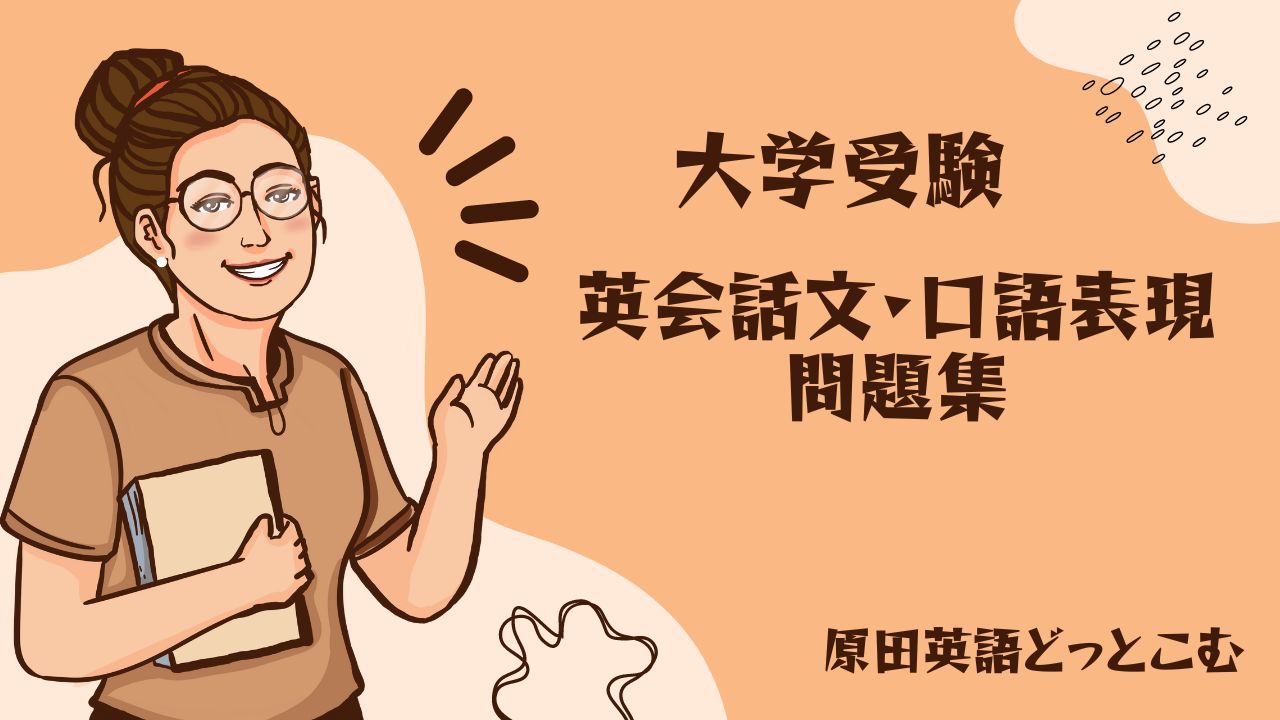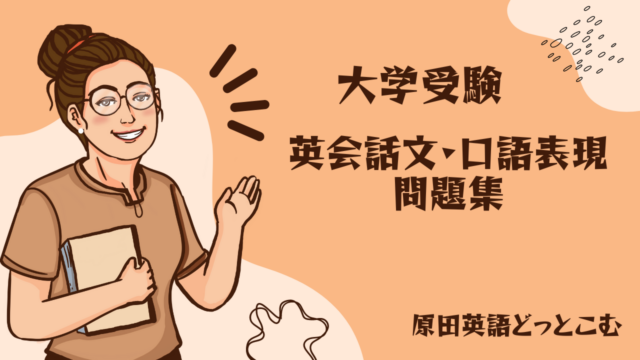1. They decided to ( ) terms with the new reality after the sudden changes in policy.
① come to ② get to ③ make to ④ turn to
【解答】①
「come to terms with」は「〜を受け入れる」という意味で、ここでは突然の変化に対応することを指します。
②「get to terms with」、③「make to terms with」、④「turn to terms with」はいずれも誤った表現です。
【訳】彼らは、政策の突然の変更を受け入れることを決めた。
2.Her argument seemed convincing, but I’m afraid she was barking up the ( ) tree.
① wrong ② tall ③ broken ④ hollow
【解答】①
「barking up the wrong tree」は「見当違いをする」という意味で、文脈に最も適しています。
②「tall tree」、③「broken tree」、④「hollow tree」は不自然な表現です。
【訳】彼女の主張は説得力があるように見えたが、残念ながら見当違いだった。
3. They were hoping for a quick resolution, but the negotiations turned out to be a ( ) potato.
① warm ② hot ③ cold ④ baked
【解答】②
「hot potato」は「厄介な問題」という意味のフレーズです。ここでは交渉が困難だったことを表します。
①「warm potato」、③「cold potato」、④「baked potato」は不適切です。
【訳】彼らは迅速な解決を望んでいたが、交渉は厄介な問題となった。
4.The new regulation is supposed to protect consumers, but it could be a ( ) in disguise for small businesses.
① wolf ② blessing ③ curse ④ trouble
【解答】②
「a blessing in disguise」は「災い転じて福となす」という意味のフレーズです。ここでは規制が小規模事業者にとって良い結果をもたらす可能性を示唆しています。
①「wolf in disguise」、③「curse in disguise」、④「trouble in disguise」は不適切です。
【訳】新しい規制は消費者を保護するためのものだが、小規模事業者にとっては幸いとなる可能性がある。
5. He’s always quick to criticize others, but he should learn that actions speak ( ) than words.
① louder ② softer ③ quicker ④ better
【解答】①
「actions speak louder than words」は「言葉より行動が物を言う」という意味のフレーズで、この文脈に最も適しています。
②「softer」、③「quicker」、④「better」は不適切です。
【訳】彼は他人を批判するのが早いが、言葉より行動が重要であることを学ぶべきだ。


